The son of Ms. Hoang Thi Dao, residing in Coc Leu ward, Lao Cai city, was a healthy child when he was born. In the early days of being a mother, she eagerly waited for her child to say "mom" for the first time, waited for her child's eyes to follow her waving hand. However, as he grew older, his behavior became more and more unusual: he did not babble like children of the same age, did not interact, and did not even respond when relatives called his name. "At first, I thought he was just a little slow in speaking. But then, no matter how many times I called him, he still did not turn around. When the other children were already laughing and playing, my child just sat alone, spinning his toy, repeating the same thing over and over again all day long..."

The mother’s intuition told her that something was wrong. When she received the diagnosis of “autism,” the whole family fell into an uncertain darkness. After the initial shock, Dao and her husband chose to face it, moving forward with their child step by step, with simple but loving actions. The couple started reading books, joining groups of parents with autistic children on social networks, learning about behavioral intervention methods and specialeducation .

Not stopping there, every day, Ms. Dao persistently took her child to the Provincial Rehabilitation Hospital for intensive therapy. She patiently listened to the doctor's instructions, learned how to interact, and supported her child. That journey lasted not a few weeks or months, but year after year with the firm belief that her child would change. After more than a year and a half of accompanying, the child knew how to turn his head when someone called his name, knew how to look into his mother's eyes, and then babbled "mom". "He now interacts better, knows how to talk more. Every time he calls "mom", all my fatigue and hardship disappears."

Not only Ms. Dao, there are still grandmothers, mothers, and fathers who silently stand side by side with children with autism, such as Mrs. Ban Thi Thu in Phong Nien commune, Bao Thang district. Over sixty years old, with gray hair, she still regularly takes her grandson from Phong Nien to the Provincial Rehabilitation Hospital for treatment every week. Mrs. Thu's grandson has autism, has repetitive behavior, is difficult to approach, and has difficulty controlling his emotions. At first, the whole family was confused, no one knew what to do, but Mrs. Thu did not allow herself to give up. "I started talking to my grandson a lot. At first, he didn't respond to anything. But I kept talking. Over and over again. Talking from morning to night. Telling him to get a spoon, get this, get that, and then telling him again."
Without a smartphone or social media to learn about autism, Mrs. Thu learned little by little from therapy sessions, observing doctors, and remembering every way she taught her grandchild how to hold a spoon, fold clothes, and say “yes” when called. For her, every little thing her grandchild did was a simple joy.

For a woman who has gone through hardships, the journey of helping her grandchild overcome autism is an unnamed challenge but also something that makes her feel her life is more meaningful than ever.
Children with autism spectrum disorder cannot grow up alone. They need to be nurtured with love, with affectionate eyes, with a hand to guide them through the "confusion" and fear of early life. The most important thing is attention and early detection during the "golden" period before 24 months of age, when timely intervention can completely change the child's development journey.
Dr. Nguyen Thi Hong Hanh, Head of the Department of Pediatrics, Provincial Rehabilitation Hospital, has devoted her heart to treating autistic children, sharing: “Autism spectrum disorder is a neurodevelopmental condition that affects communication, behavior and social interaction. Early detection helps intervention to be more effective. However, the key factor is still the role of the family. Children spend the most time with their families, and even the smallest changes are felt first by their parents. With love and companionship, families can help autistic children develop better than any therapy.”

Autism is not the end. It is just a different path, more winding, more challenging, but not without the light from loved ones who are there to encourage and cheer. Many adults who have had autism have been able to study, work, and even become artists, writers, programmers, and inspirations... when detected early, intervened properly, and especially received support from family and community.
The journey of Ms. Dao, Ms. Thu and many other fathers and mothers is a living proof of a simple but great thing: Love cannot cure autism, but it can open another door, where children are accepted, can be themselves and live a meaningful life.
Source: https://baolaocai.vn/hanh-trinh-yeu-thuong-khong-gioi-han-post404093.html



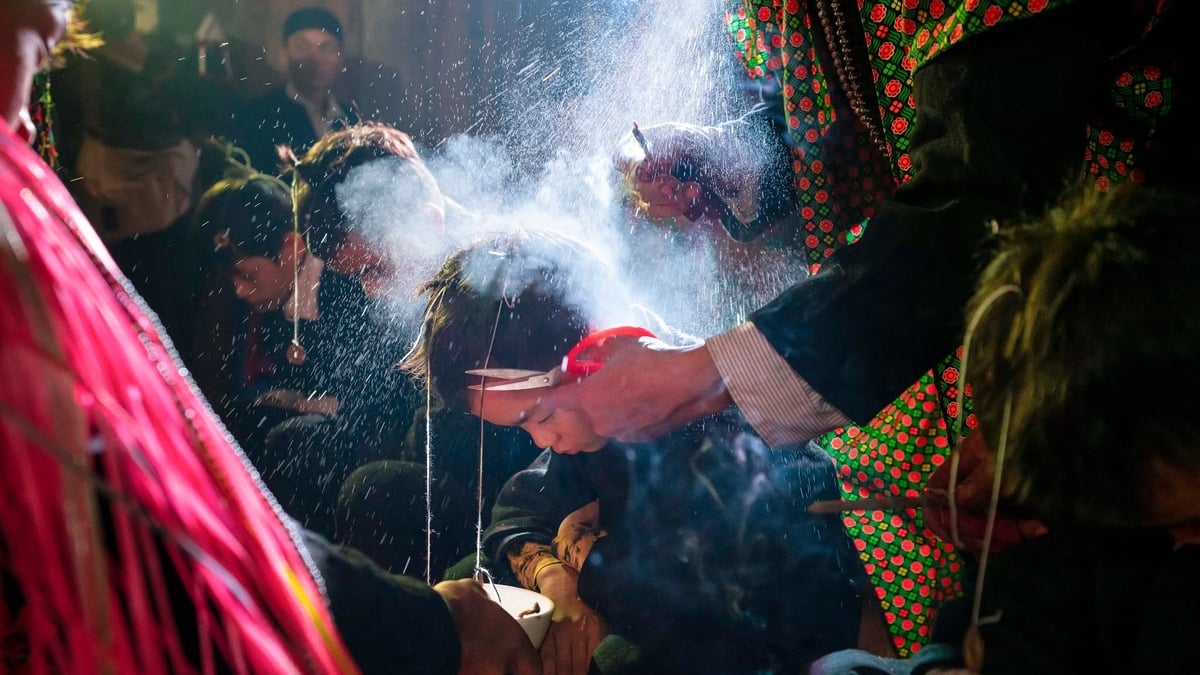


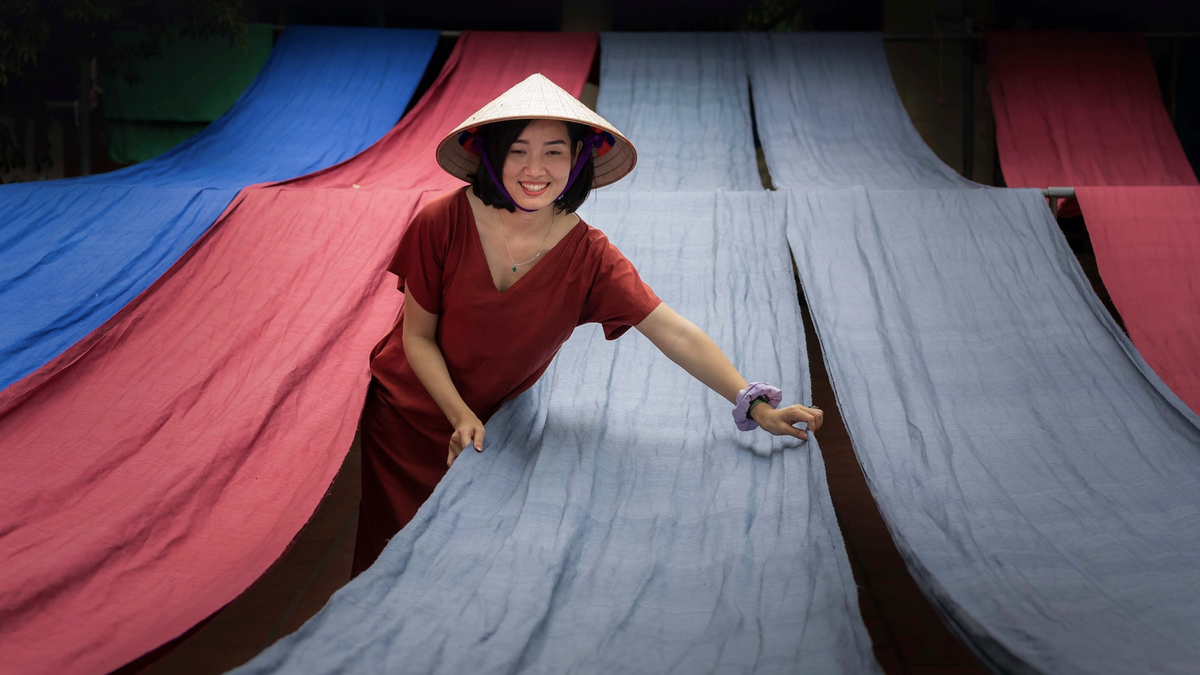







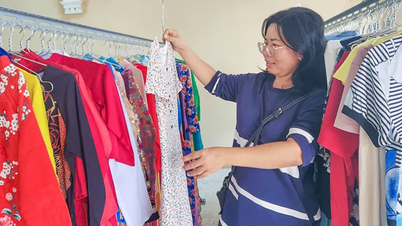

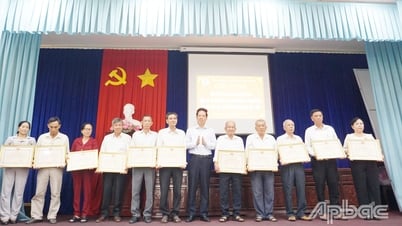

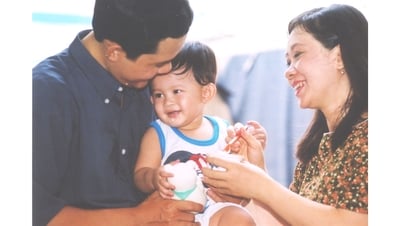
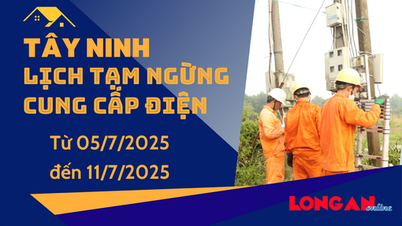





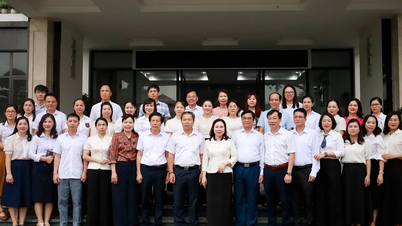

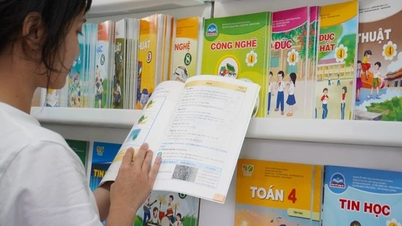











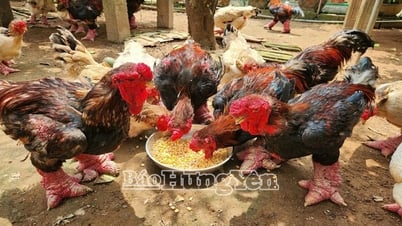

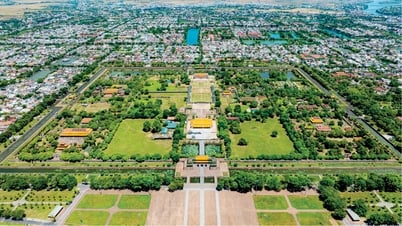


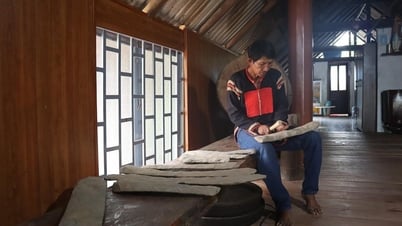







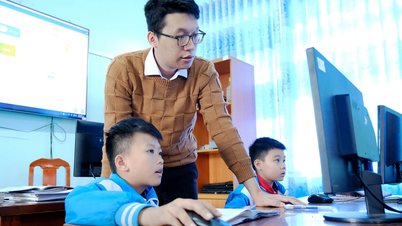

















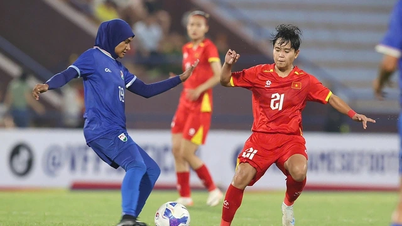




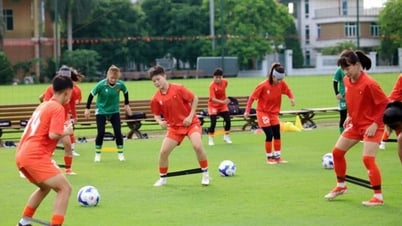

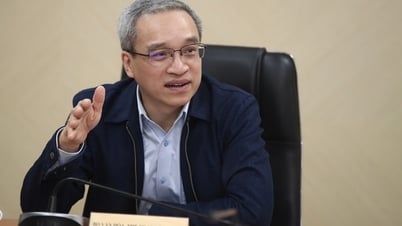



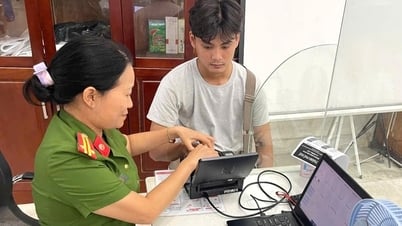
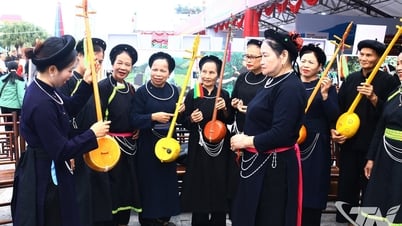



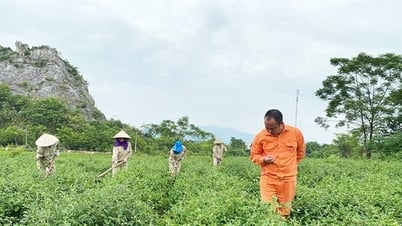
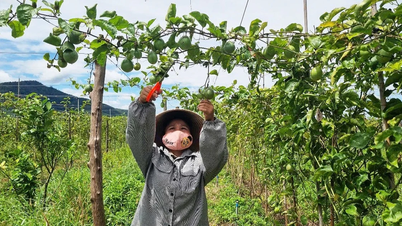









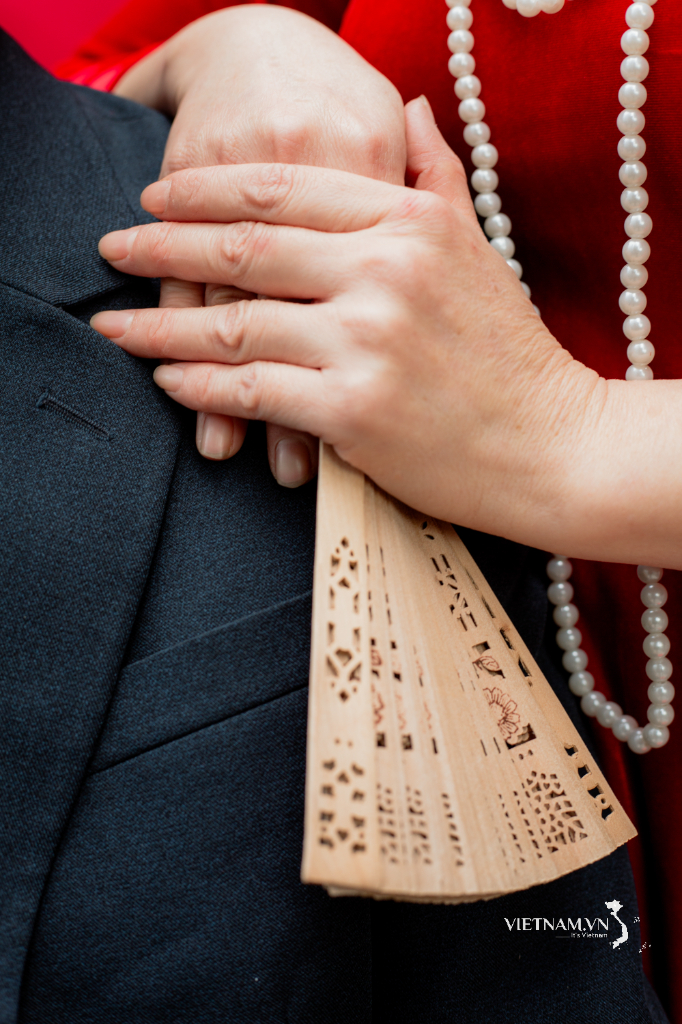



Comment (0)